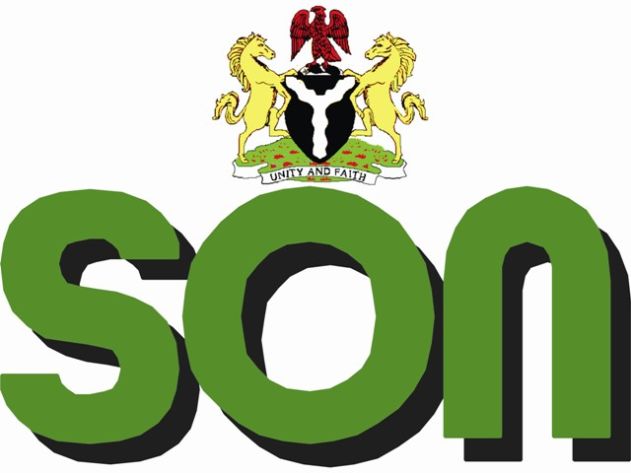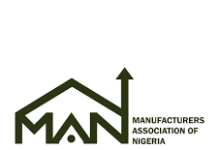According to the report, of the 16 manufacturing sub-sectors, 15 recorded a decline in August in the following order: nonmetallic mineral products; transportation equipment; petroleum and coal products; fabricated metal products; furniture and related products; cement; appliances and components; printing and related support activities; paper products; computer and electronic products; food, beverages and tobacco products; primary metal; textile, apparel, leather and footwear; plastics and rubber products; and chemical & pharmaceutical products. The electrical equipment sub-sector remained unchanged in the review period.
Also, at 40.5 index points, the report showed that the productivity index for the manufacturing sector declined for the eighth consecutive month. It declined at a faster rate than what was recorded in July 2016.
All the 16 manufacturing sub-sectors recorded declines in productivity last month in the following order: appliances and components; plastics and rubber products; petroleum and coal products; transportation equipment; nonmetallic mineral products; computer and electronic products; primary metal; paper products; electrical equipment; cement; fabricated metal products; food, beverages and tobacco products; furniture and related products; printing and related support activities; textile, apparel, leather and footwear; and chemical and pharmaceutical products.
Meanwhile, Renaissance Capital (RenCap), a research and financial advisory firm, has revised down its 2016 growth projection for Nigeria to -1.4 per cent from -0.5 per cent.
Nigeria’s economy contracted by 2.06 per cent year-on-year in the second quarter of 2016, compared with 2.4 per cent in the corresponding quarter of 2015.
The deepening of Nigeria’s economic decline was largely due to the troubled oil and gas sector, which contracted by eight per cent year-on-year in the second quarter of 2016, as against the 6.8 per cent in the comparable period in 2015.
RenCap, in a note yesterday, stated that it expects that any lift from government spending in the second half of 2016 to be offset by depressed oil production, a contracting services sector, and the dampening effect of high interest rates.
It said that there was the likelihood that the biggest contributor to growth, crop production might slow down in the second half of 2016 “because of an increased risk of flooding, according to a famine early warning network”.













